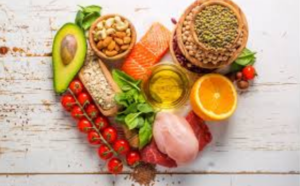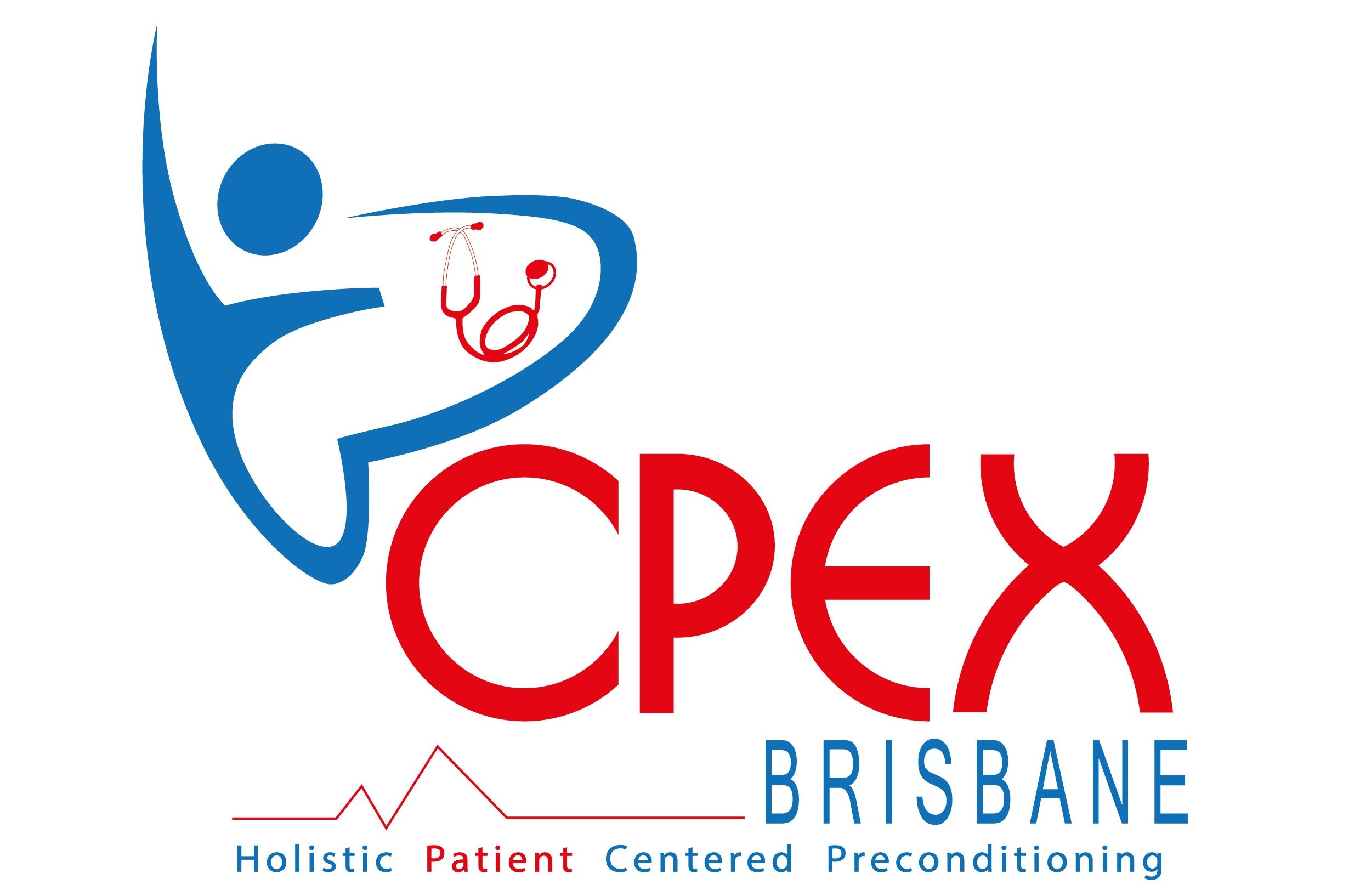Nutrition After Cancer
Most eating related side effects of cancer treatment tend to resolve after your treatment however if they are persisting please refer back to your treating Dietitian for guidance. When you are back to tolerating a normal diet (or close to) you may now be wondering what should you be doing to ensure you are fueling your body to maintain good health. The answer is pretty simple, that is, you go back to following the recommendations for the general population. The general gist is to aim for a predominantly plant based diet high in fruit in vegetables and unrefined grains whilst limiting saturated fats and simple sugars1.
You may have come across a lot of information about what foods to eat to prevent cancer and you can often get a lot of advice about what to eat during your cancer treatment but what should you eat after cancer?
General Guidelines
- Aim for 2 serves of fruit and 5 of vegetables each day
- Aim for wholegrain breads and cereals, nuts and seeds.
- Limit your intake of red meat, the World Health Organisation WHO now advises to eat <1 serve per week2
- Include poultry & fish
- Choose reduced fat dairy
- Limit or avoid intake of processed meats, salted cured, smoked or pickled foods
- Reduce intake of processed and packaged food
- Reduce intake of processed sugar found in commercial cakes, biscuits, chocolate, lollies and other desserts.
- Limit alcohol intake, no more than 2 units/day with alcohol free days

It is pretty unrealistic to say eat 5 serves of vegetables per day when less than 10% of the adult population of Australia actually achieve this3. However, aiming for a mostly plant based diet will assist you in making good nutritious choices. Try going to the markets on the weekend and stocking up on your fruit and vegetables and be inspired to prepare your own healthy meals. A great website is http://www.healthyfoodguide.com.au/ where you will find a gallery of healthy recipes to choose from or pick up a copy of their monthly magazine. It is put together by Dietitians so you know it can be trusted!
It is always recommended that for further advice that is specific to your individual health needs please seek an Accredited Practising Dietitian (APD).
Amy Morze (APD)
References
1)Barrera, S, 2009. Nutrition During and After Cancer Therapy. Oncology, 2, 15-21. 2) The Lancet, 2019. The EAT-Lancet Commission on Healthy diets from sustainable food systems. 3) Australian Bureau of Statistics, Australian Health Survey, 2014/15.

